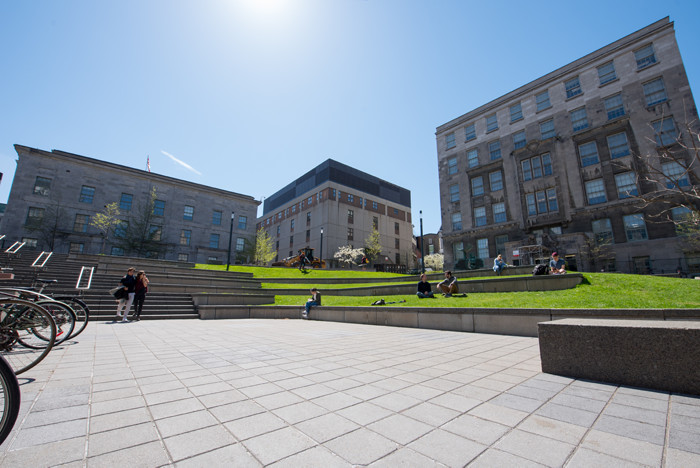On Oct. 4, the McGill Board of Governors (BoG) held its first meeting of the academic year. Members discussed the diplomatic dispute with Saudi Arabia and the university’s world rankings. On the subject of the Sept. 12 Senate motion to divest from fossil fuels, The Board agreed to ask that the Committee to Advise on Matters of Social Responsibility (CAMSR) investigate the matter before they put any motion to the floor.
McGill’s Saudi students
Principal Suzanne Fortier addressed this summer’s diplomatic dispute between Canada and Saudi Arabia and its subsequent consequences for McGill. She assured that the 223 Saudi students enrolled in the McGill Medical School are no longer at risk of losing their spots due to the political dispute.
“The government of Saudi Arabia changed their course of action and allowed all of the medical residents to continue their program or return to Saudi Arabia,” Fortier said. “[The situation was] a stressful period for the trainees.”
According to Fortier, the program will not be affected, and McGill has already begun interviewing applicants for the 2019 entering class.
Rankings
In its ninth annual report, The Times Higher Education ranked McGill as the 44th best university worldwide, three spots below its 2018 classification.
Fortier informed the Board that this is not a sign that McGill has degraded—it has, she says, improved. Rather, she sees the drop in rank as a result of Asian universities receiving significantly more funding and, thus, growing faster. Fortier anticipates that McGill could continue to lose spots in the coming years as well.
“They are predicting that we will see the Western universities lose their spots as Asian universities enter the ranks,” Fortier said.
One board member suggested that Canadian universities would see similar growth if the government would increase funding to Canada’s three leading research institutions.
Deferring divestment to CAMSR
The McGill Senate, responsible for the university’s academic affairs, uncharacteristically endorsed divestment from fossil fuels. Now, as the final authority over McGill financial matters, it lies on the BoG to actually enact the endorsement.
Ram Panda, Chair of the BoG, recommended that the board defer the issue to CAMSR, which would investigate divestment and report back to the Board. Ehab Lotayef, who represents administrative and support staff, disagreed and proposed that the BoG move forward with a motion at once.
“I think that […] we should put a motion on the BoG and not defer it to the committee,” Loyatef said.
Panda insisted that such a motion would be irresponsible on the part of the BoG given that CAMSR exists to advise on the social responsibility of financial investments. Associate Professor Darin Barney, who represents academic staff, appreciated Lotayef’s ambition but insisted that any action should be well thought out.
“The fact that the Senate expressed an opinion on this matter that disagrees with ours does not constitute a governance crisis,” Barney said. “What would precipitate a governance crisis is if we ignored their views.”
Barney suggested that Section 6.3.9 of the statutes be invoked, which would create a conference committee to settle the disagreement over the Senate’s endorsement. Such a committee would consist of up to 11 members who equally represent the BoG and the Senate and make recommendations to the BoG.
Many members insisted that the disagreement was not clear enough to constitute the use of a conference committee and that CAMSR should remain responsible for investigating divestment. With members of the pro-divestment group Divest McGill observing the meeting, Panda cautioned that the BoG must take this issue very seriously before motioning to adjourn.







